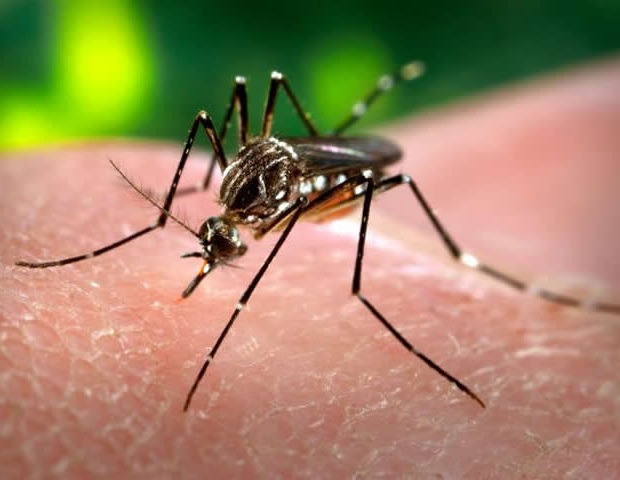Indoxacarb Insecticide: Benefits and Dangers in Agriculture

Hebei Zhanshun Technology Co., Ltd. is a company that provides applied chemical raw materials, legally operating and producing many kinds of chemicals. Recently, they have been promoting indoxacarb insecticide, which is acclaimed for its benefits in pest control. However, the use of this insecticide also poses a serious threat to the environment and human health. In this article, we will discuss the benefits and dangers of using indoxacarb insecticide in agriculture.
What is Indoxacarb Insecticide?
Indoxacarb is an odorless, white crystalline powder that was first developed by DuPont in 1995. It is classified as a systemic insecticide derived from a series of organic compounds. This insecticide has broad-spectrum activity against many types of pests, including insects and mites. It is often used in both agricultural and household settings to target insect pests such as beetles, caterpillars, and other insects.
Benefits of Using Indoxacarb Insecticide in Agriculture
Indoxacarb is known to be an effective insecticide that targets a variety of insect pests found in agriculture. It is a type of insecticide that works by targeting the nervous system of insects, leading to their death. The benefits of using indoxacarb insecticide in agriculture include:
1. High Efficiency Against Insect Pests
Indoxacarb has broad-spectrum activity against many types of insect pests, including beetles, caterpillars, and other types of insects. It is effective against both resistant and non-resistant strains of pests, making it useful in cases where other insecticides have failed.
2. Minimal Environmental Impact
Indoxacarb has a relatively short half-life in the environment, which means that it breaks down quickly after application. This reduces the risk of environmental contamination and also ensures that the insecticide does not accumulate in the soil or water.
3. Low Toxicity to Non-Target Organisms
Indoxacarb is less toxic to non-target organisms such as bees and other beneficial insects. This reduces the risk of harming beneficial organisms when used in agriculture.
Dangers of Using Indoxacarb Insecticide in Agriculture
Despite its benefits, the use of indoxacarb insecticide in agriculture also poses several dangers to the environment and human health. Some of the dangers of using indoxacarb insecticide in agriculture include:
1. Harmful to Human Health
Indoxacarb is classified as a moderately toxic substance, and exposure to this substance can lead to skin irritation, nausea, and other harmful effects. Exposure to high doses can lead to more severe symptoms such as seizures and paralysis.
2. Accumulation in the Environment
Although indoxacarb breaks down quickly in the environment, it still poses a risk of accumulation in the food chain. The use of this insecticide can result in residues in crops and animal products consumed by humans, leading to the accumulation of the substance in the environment.
3. Harmful to Beneficial Organisms
Although indoxacarb is less toxic to beneficial organisms than other insecticides, it can still harm beneficial organisms such as bees and other pollinators. These organisms are essential for plant health and reproduction, and their loss can result in negative impacts on ecosystem resilience.
Conclusion
Indoxacarb insecticide plays a vital role in pest control in agriculture. However, the use of this insecticide also poses a danger to the environment and human health. The best approach to minimize the risks associated with this insecticide is to use it in moderation, follow all safety guidelines, and explore alternative pest control methods. Agricultural practices that properly manage pests and promote ecological resilience are essential in ensuring the sustainability of agriculture over the long-term.
